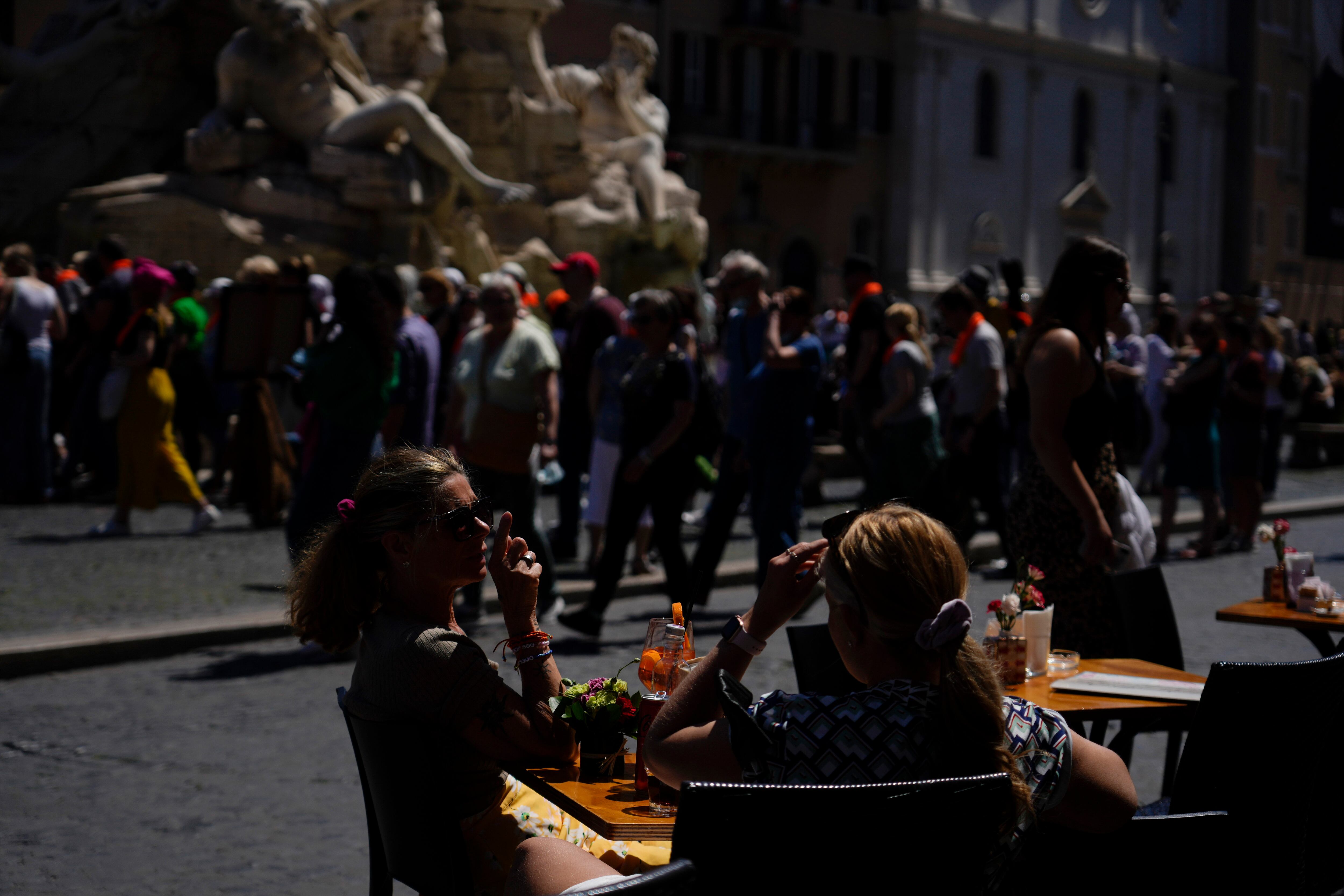Memorial Day Weekend marks the beginning of the summer travel season and for many, it's been a long time coming. At the start of the pandemic, travel, both domestic and international, saw a sharp decline as health experts cautioned against it in order to mitigate the spread of COVID-19. Now, two years removed and millions of vaccine doses later, the travel industry is rebounding.
According to roadside assistance company AAA, 39 million Americans are expected to travel over the holiday weekend. That marks an 8.3 percent jump from the same time last year. Despite inflation and skyrocketing gas prices, 34.9 million of those travelers plan to drive – 4.6 percent more than last year. Perhaps even more astounding, AAA estimates that over 3 million travelers will fly this weekend. To give some perspective on the resurgence of travel in the era of COVID-19, the TSA screened 2.6 million passengers the Friday before Memorial Day 2019 and just 264,843 passengers in 2020.
For Delta Airlines, the summer rush was expected, particularly following the airline's Q1 earnings call when CEO Ed Bastian announced that the company saw its best month of sales ever. The airline told Cheddar it is expecting a 25 percent jump in passengers this weekend compared to last year.
While overall travel still has not reached pre-pandemic levels, the slow renaissance is linked to a wider acceptance of COVID-19 vaccines. A study from Washington State University found that the desire to travel can even outweigh a person's potential concerns about vaccines.
Where Is Everyone Going?
Memorial Day 2022 looks to be a preview of what is to come this summer in terms of the volume of travelers. Christine Hudson, senior PR manager at Expedia, said there is pent-up demand among Americans who were forced to stay close to home amid the pandemic.
"To put it simply, we're looking at a busy summer travel season. Travelers are ready to make up for lost time, and so are those in the travel industry that struggled to stay afloat during the pandemic. That creates an environment where prices are on the rise, particularly for popular, sought-after destinations," she told Cheddar.
Hudson noted that some of the most popular destinations that have been booked on the platform include East Coast beach destinations in New Jersey and North Carolina, as well as major cities like New York, San Francisco, and Washington DC. While cruises were a major culprit in the spread of COVID-19, especially in the early stages of the pandemic, she said cruise lines are actively "ramping up their capacity" and as a result, people are finding great deals for vacations on the seas. Confidence around successfully combating COVID-19 is also impacting the number of people who can climb aboard. Just this month, the Centers for Disease Control and Prevention lowered its cruise ship vaccination threshold from 95 percent of passengers to 90 percent.
International Destinations Rebound
For the last two years, international destination options have been very limited for global travelers as COVID-19 restrictions kept many tourists in their home countries. Priceline CEO Brett Keller told Cheddar there has been a major shift on his company's platform since rules have been relaxed in a number of nations.
"Last summer, most travel was domestic or near border travel to destinations such as the Caribbean and Mexico. This year, more people are interested in resuming international travel, especially in top European destinations like Rome and London," he said. "As soon as you see a market lift their quarantine and testing requirements, you see a heavier flow of travel going into those markets. It's all correlated pretty closely."
Keller also noted the importance of checking local state, region, and country guidelines when it comes to vaccination status and testing requirements ahead of travel.
COVID has certainly changed the way people prepare for vacations, but leaders in the travel industry still agree that the earlier you book your trip, the more money you will save. According to Keller, airfare prices are spiking 5 to 7 percent each month and the rising price of fuel will only force customers to face steeper costs. Meanwhile, Expedia identified late summer as the best travel window to book.
"August is the cheapest month to fly, with average ticket prices (ATPs) nearly 10 percent lower compared to July and 5 percent cheaper than June," Hudson told Cheddar. "Avoid summer holidays. The most expensive day to fly is July 1st, the Friday prior to the July 4th Holiday, when ticket prices are 25 percent higher than average."










